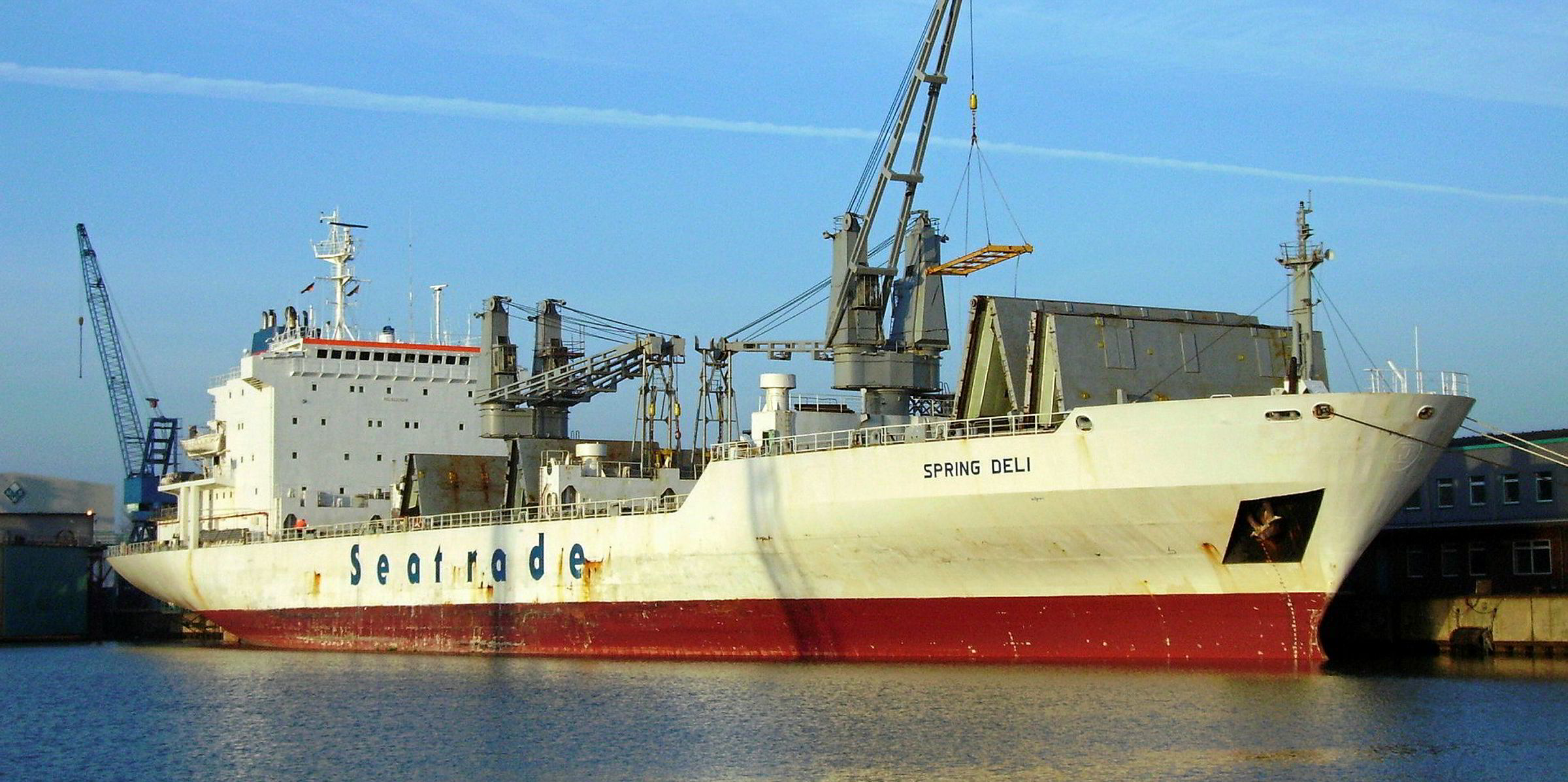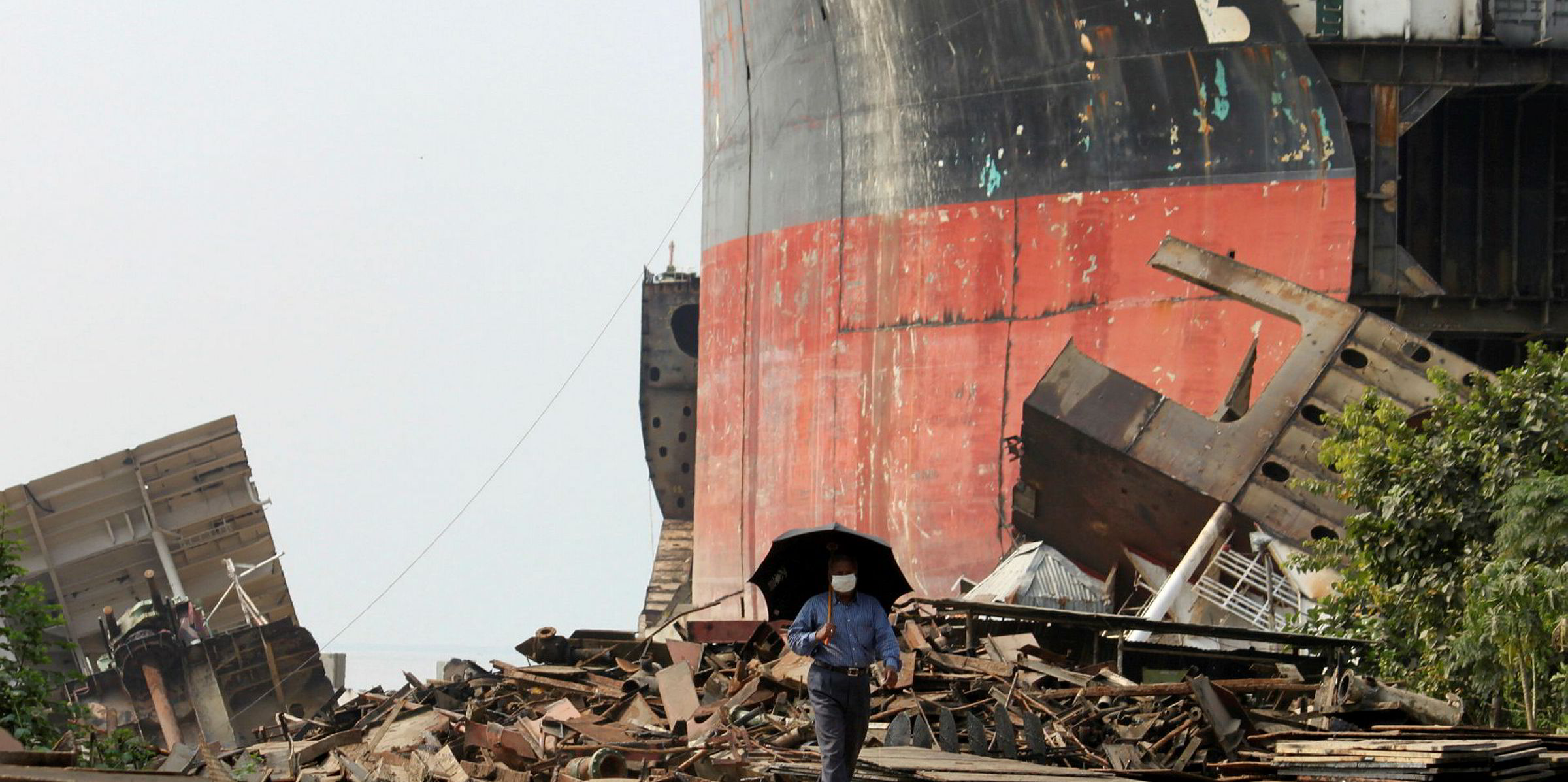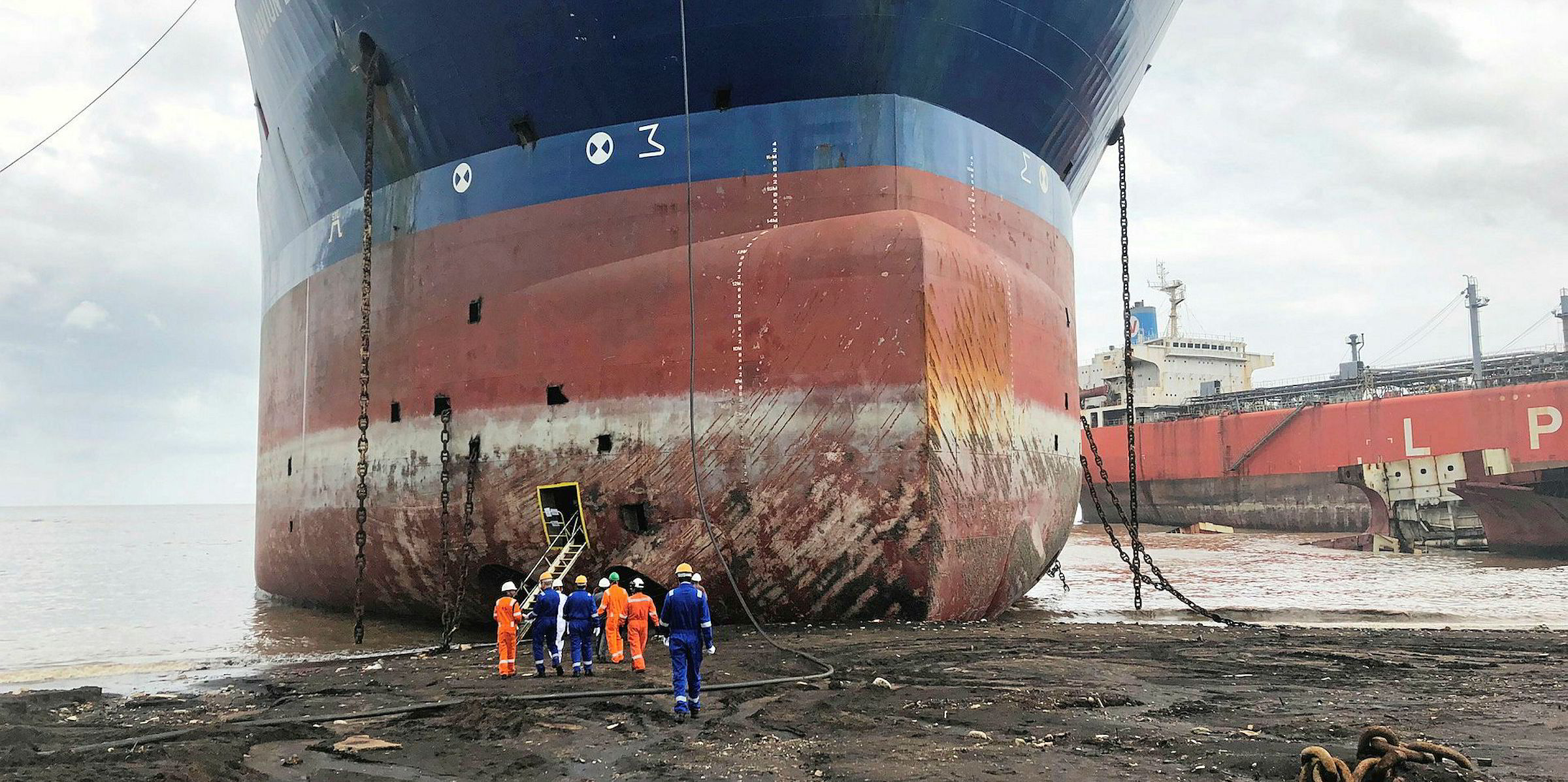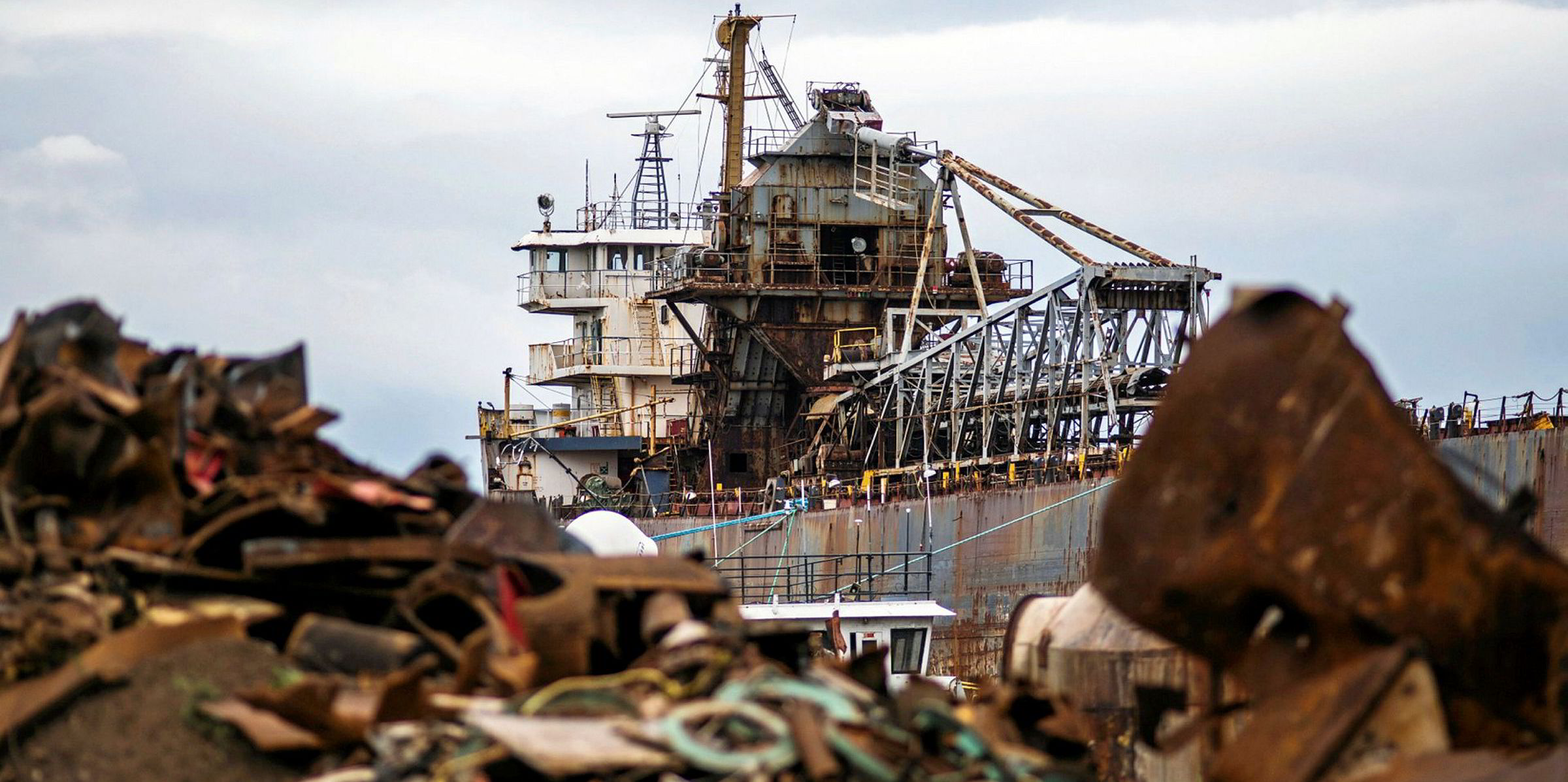Dutch reefer owner Seatrade has succeeded in winning a retrial in its long-running legal battle over vessel demolitions in South East Asia.
The Hague Court of Appeal has quashed all guilty verdicts handed down in a criminal hearing at Rotterdam District Court in 2018.
The landmark test case arose from the 2012 sale of four Spring-class reefers for recycling that prosecutors alleged violated the European Waste Shipment Regulation (EWSR).
Appeal judges have now disqualified one of the Rotterdam District Court judges’ impartiality in the case.
Retrial ordered
All convictions have been put aside and are being sent back to the lower court for a retrial.
"Seatrade has always strongly disagreed with the legal interpretation of the Rotterdam District Court that a fully certified, seaworthy vessel should be considered waste," the shipowner said in a statement.
Two Seatrade executives were found guilty of breaking European Union waste export laws, while one was acquitted.
The ruling represented the first prosecution of a ship demolition sale under the EU rules.
The decision opened the door to the potential prosecution of hundreds of similar historic ship sales involving vessels that left Europe for demolition in non-OECD countries, TradeWinds reported at the time.
The four ships — the 461,816-cbf Spring Bear, Spring Bob, Spring Panda and Spring Deli (all built 1984) — were sold into India, Bangladesh and Turkey.
The two unnamed executives avoided the prison sentence demanded by Dutch prosecutors, but were banned from working in shipping for 12 months.
The Seatrade subsidiaries they represented were fined between €150,000 ($169,000) and €750,000, representing the profit made from selling to South Asian yards rather than breaking the ships up in OECD countries as required under EU waste export laws.
Court 'not impartial'
The appeal court judgment refers to the non-disclosure of an unnamed judge's involvement in a 2014 civil case also involving two of the Seatrade executives charged in the criminal case.
This prevented Seatrade from challenging the judge's participation in the later trial.
The judgment referred to a recent European Court of Human Rights statement on such issues.
"In such circumstances, it is the responsibility of the individual judge to identify any impediments to his or her participation and either to withdraw or...to bring the matter to the attention of the parties," the court of appeal said.
"It is not apparent from the minutes of the court hearing at first instance that what happened in 2014 was brought up. It must be presumed that such a defect in the composition of the court has occurred that the case has not been handled by an impartial court."
Seatrade's defence in 2018 hinged on the fact that when the ships left Europe they were seaworthy and still trading with cargo on board.
However, the Rotterdam court ruling set a precedent that ships leaving Europe in such a condition and eventually ending up at a recycling yard can still be considered waste export and are liable for prosecution.







